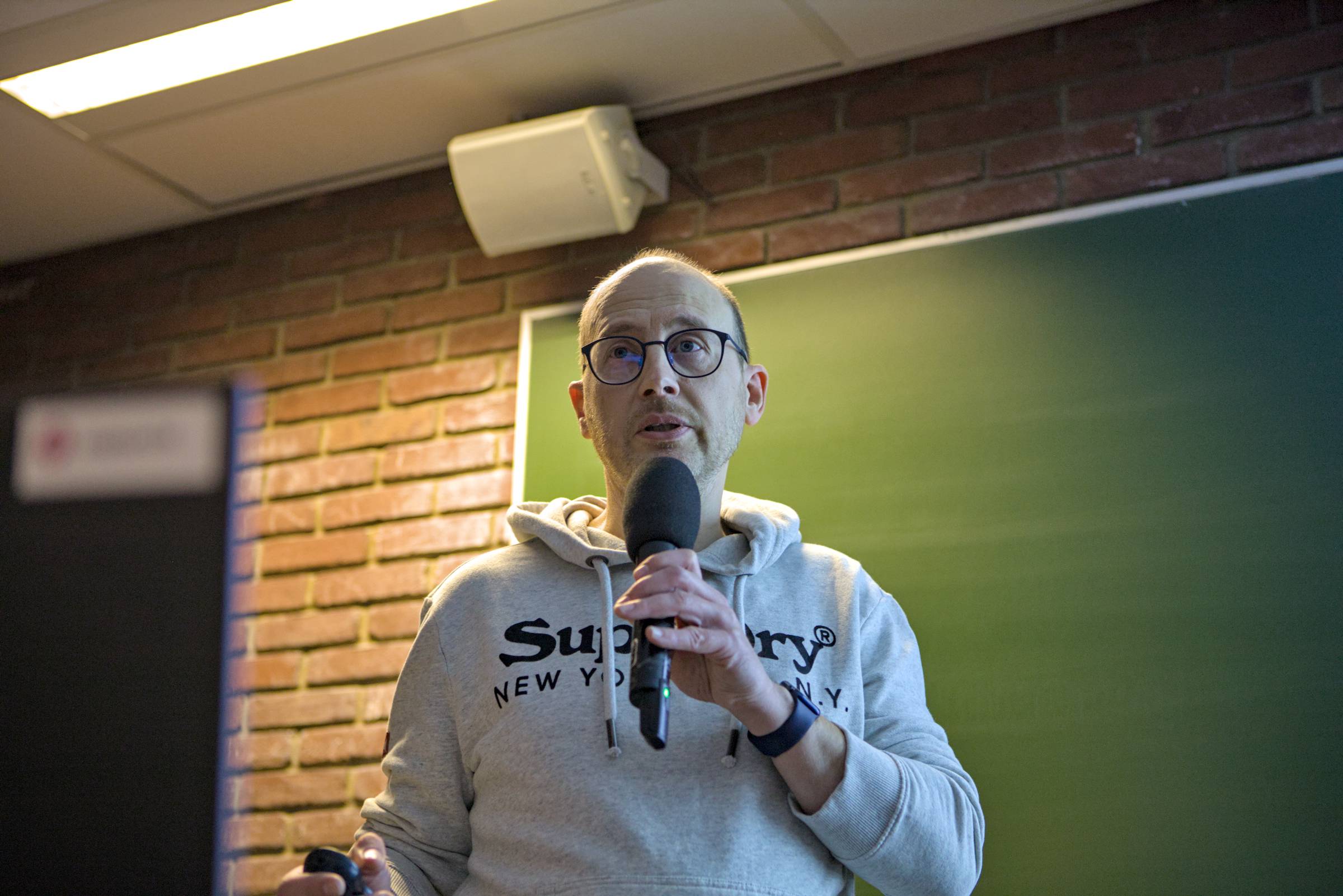FOSDEM 2024 Recap – Energy Optimization: Smart Home Meets Smart District
FOSDEM 2024 recently featured a session titled “Energy Optimization: Smart Home Meets Smart District” (video follows below) in the Energy Devroom. Hosted by Pierre Kil from OpenRemote, the session delved into innovative approaches to optimizing energy consumption in both individual homes and larger community districts. Here’s a brief overview of the key points discussed:
Introduction to OpenRemote
Pierre Kil provided insights into OpenRemote, an open source IoT platform that serves as a middleware for connecting devices, managing configurations, and facilitating user interfaces. Developed in Java and available on GitHub, OpenRemote offers a versatile toolkit for energy management projects.
Smart Home Energy Optimization
The session emphasized the importance of optimizing energy usage within smart homes. By leveraging factors such as renewable energy availability, grid tariffs, battery usage, and load prediction, OpenRemote aims to minimize costs and carbon emissions. The platform enables users to control flexible loads like batteries, electric vehicles, and appliances to achieve these goals.
Challenges in Smart Districts
Scaling energy optimization efforts to encompass entire smart districts presents unique challenges. Pierre discussed the complexities of coordinating energy usage across multiple households and shared resources, such as charging stations. The goal is to manage peak power demands effectively while staying within the capacity limits of the district’s transformer.
Pilot Projects
The session highlighted two pilot projects showcasing OpenRemote’s capabilities. One project with Nottingham City Council focuses on managing smart vehicle charging to optimize energy usage and prevent power surges. Another project in Amsterdam involves 500 households collaborating to optimize district-wide energy consumption, leveraging OpenRemote’s platform for real-time monitoring and control.
Future Prospects
As energy optimization initiatives gain traction, the future looks promising for OpenRemote and similar platforms. By embracing open source principles and collaboration, these projects aim to drive sustainable energy practices and create more efficient, eco-friendly communities.
